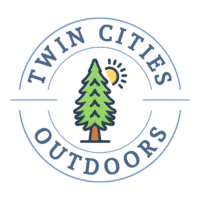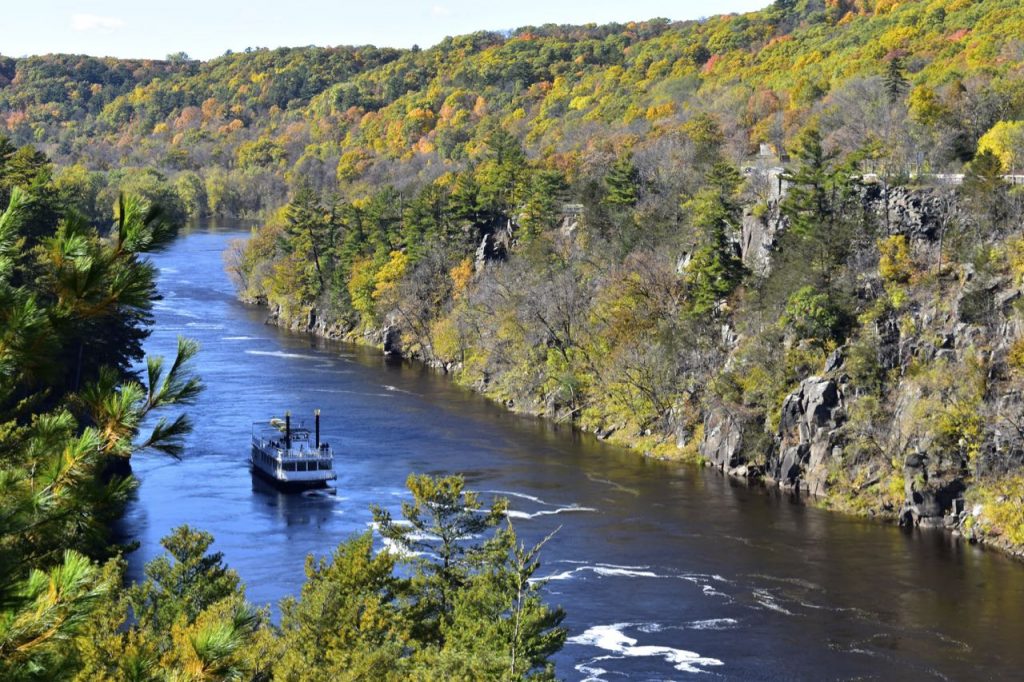
A clean, healthy natural environment is essential to an active outdoor lifestyle. But we also want the modern conveniences of our culture. Can we have both?
This has been on my mind a lot in the past couple years because of the battle between those supporting copper mining in northern Minnesota and those supporting protection of the Boundary Waters/Lake Superior watershed.
None of us want that watershed filled with toxic waste from mining…but all of use products made with copper (cell phones, copper pipes in buildings, electrical wiring, telecom, cars and trucks, etc…see geology.com for more).
How do we reconcile that?
First, let’s take a look at some of the ways our modern-tech-disposable-and-convenience world impacts the environment:
What’s the Environmental Impact of Our Modern World?
DigitalResponsibility.org gives some info on “technotrash.” The site has several pages that deal with “Environmental and Societal Impact of Technology.”
Here are a few of their stats:
- “Of the 152 million mobile devices thrown away in 2010, only 11% were collected for recycling.”
- “Only 24.9% of all discarded electronics were recycled in 2011.”
- “The US exports 50-80% of its e-waste to poor Asian countries for ‘recycling’…turning towns into contaminated dumps.”
- “Most technotrash that doesn’t make its way to Asia ends up in local landfills…”
- “Technotrash that ends up in landfills is full of toxic materials, including heavy metals, that can easily seep into the ground and ultimately get into groundwater supplies.”
A lot of that technotrash has copper in it. What if that copper and other components were recycled instead? Would it be less necessary to dig more out of the ground with those toxic systems the mining companies use?
Let’s talk disposable Starbucks cups and our Keurig’s disposable K-cups:
- “Each year, an estimated 600 billion paper and plastic cups are distributed globally…” (that’s from Starbucks themselves). That, of course, is all cups from all vendors, not just coffee shops.
- This headline from a mashable.com article: “9 billion Keurig K-Cups likely ended up in landfills last year.”
For those of us in the US, especially in the city where our garbage is taken away by someone else to who-knows-where, it’s easy to have out-of-sight-out-of-mind thinking. Where does all that trash go?
It’s easy for us to get irate about, for example, foreign mining companies coming to Minnesota to (potentially) mess up our environment. But it isn’t as easy to take personal responsibility for our environment.
Personal responsibility means more work…more thoughtfulness…less convenience…and less blaming others.
I bet we can stand up for the Boundary Waters and take steps in our own personal world for a better environment! What do you think?
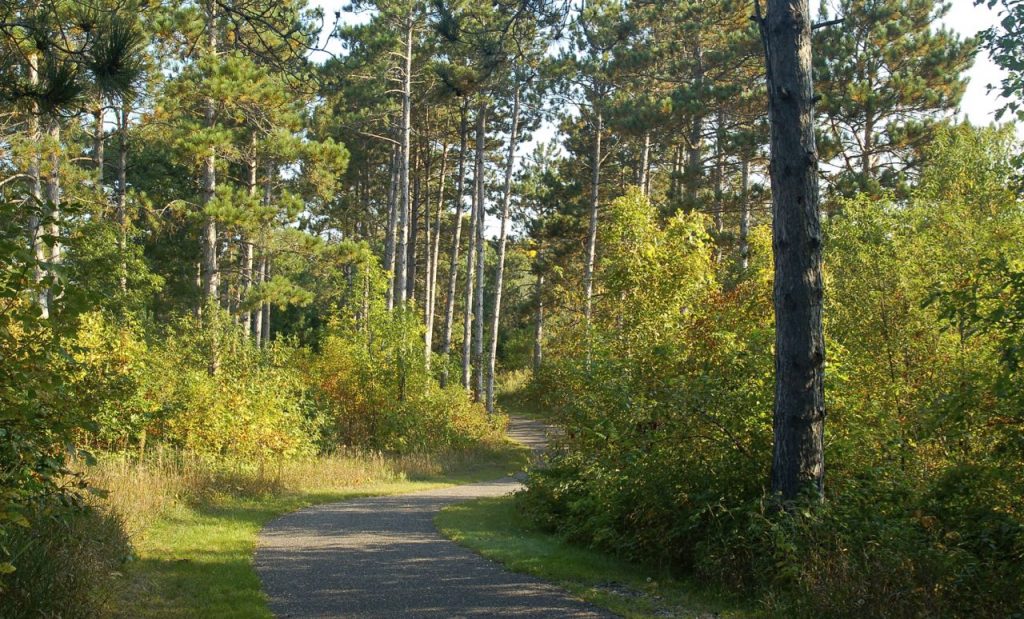
Ways We can Personally Affect the Environment for the Better
We’re a consumer society. A lot of the stuff we consume ends up in our landfills—much of it far from used up. And hey, I’m part of it. My family and I buy stuff, too.
There are lots of ways we can reduce the problem and help our environment. Here are a few:
Buy less stuff
The less we have, the less we have to throw away. We’re so used to buying what we want when we want it. Simplifying isn’t just good for the environment, it’s good for us!
It took me a long time to learn not to buy something just because it was an amazing deal! We just don’t need that much stuff.
Use what we have until its life is over…
…not until the newest model comes out. Fix things that can be fixed. Pass on buying the latest model and keep using your current one longer. When it truly is dying or dead, can it be recycled? If it can, put yourself out a little and figure out where to bring it—especially if it’s an electronic item.
Recycle, Recycle, Recycle
Let’s recycle everything that can possibly be recycled.
Don’t know where or what to recycle? Find out! We have the information at our fingertips every single day. Every county in the Twin Cities has information on recycling…Google it. You’re on your phone anyway 🙂
For starters, here’s a guide for recycling electronics.
The most recyclable materials for consumers like you and me are aluminum cans, polyethylene terephthalate (PET) plastic bottles (the plastic used for water bottles, pop bottles, etc.) and newspapers.
“Within a landfill, where 80% of discarded paper ends up, the decomposition of paper produces methane, a greenhouse gas that has 21 times the heat-trapping power of carbon dioxide.” (GreenAmerica.org)
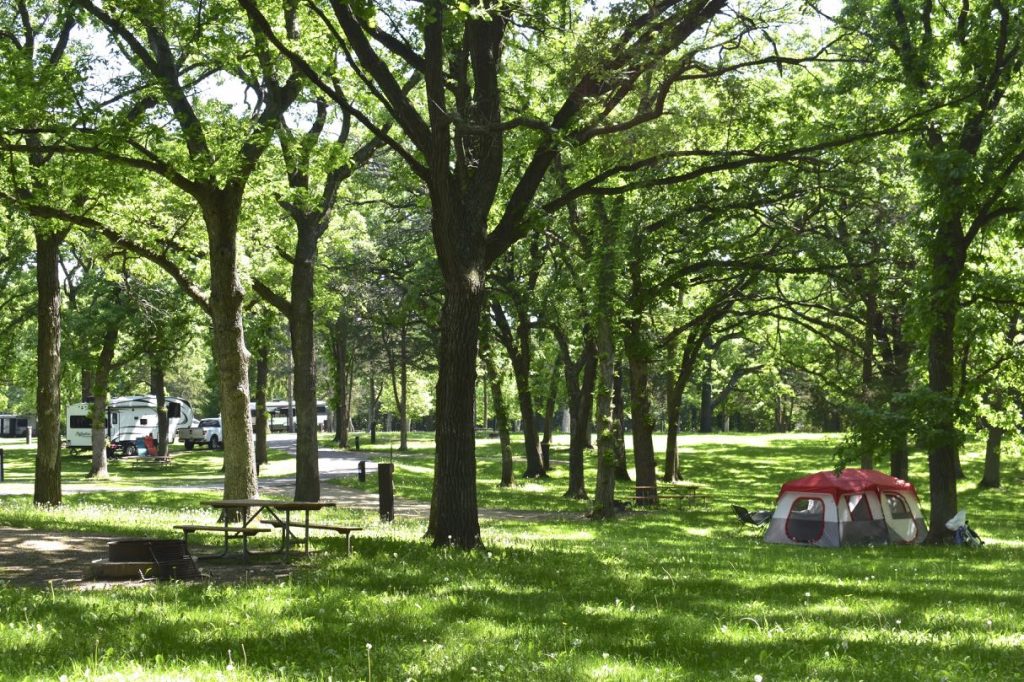
Carpool and combine trips
It’s simple: carpooling and combing trips uses less gasoline. Gas is a non-renewable resource.
It hate to say “travel less” because I love to travel! But how about we travel wisely? Go places you really have to go and want to go.
If we’re close enough to walk or bike, hey, this is the crowd to do it! Many of you reading this probably already do that. That’s easier for some than others depending on where you live.
Use less disposable everything
K-cups, coffee shop cups, ziplocks, aluminum foil…whatever you personally can tolerate. So it may mean spending an extra three minutes washing something out. Is it worth it? Hmmm.
Stop buying so many single-use packaged food and beverage items
Here’s a headline from a Forbes article: “We’re now at a million plastic bottles per minute—91% of which are not recycled.” And that was from 2017.
That’s scary.
Every grocery store is full of single-use food items that are great for convenience, but not great for the environment. If we need to buy it, can we at least recycle it?
Get involved in local clean-up days for trails, parks and waterways
Did you know there’s a National Cleanup Day? I didn’t, until today. This year it’s September 19th. They had 2 million volunteers in 2019. Maybe we should join this year and help raise those numbers.
Minneapolis Parks & Rec helps sponsor Earth Day Cleanup in various locations around the city. There are probably more around the Twin Cities like this, too.
And we can simply pick up trash whenever we see it.
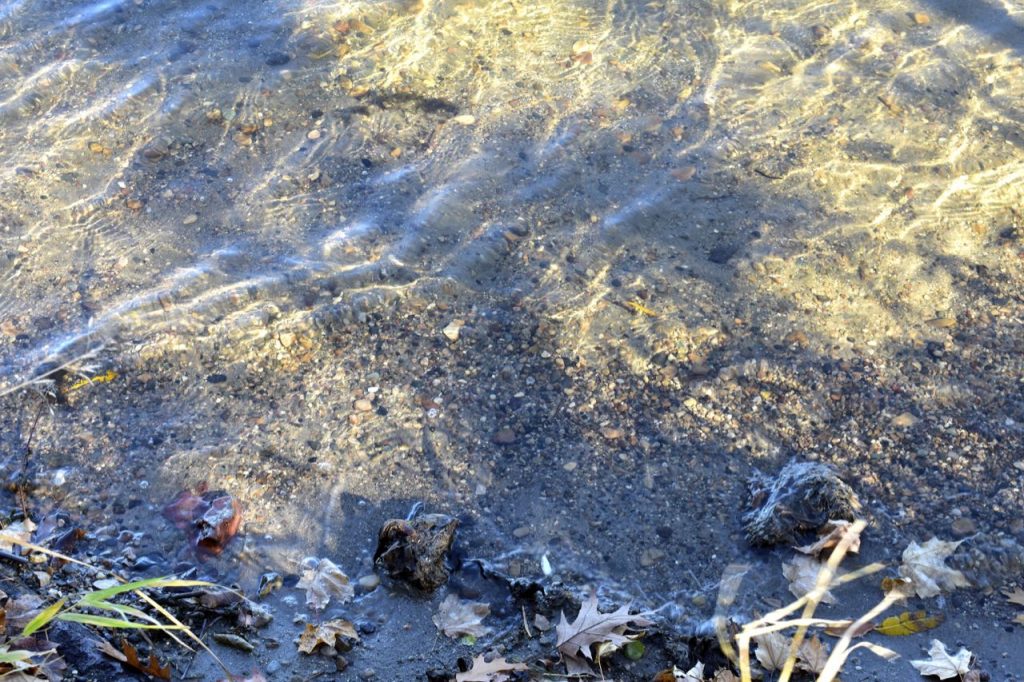
After researching and writing this article, I’m already coming up with lots of ways my family and I can make better choices for our environment. I hope you are, too!
Here’s more…
- The Best Kayaking in the Twin Cities for 2022
- How to Dress for Below-Zero Weather
- 10 Reasons Why You Should Meet at the Park instead of the Coffee Shop
- New Winter Gear: How Do These Perform? - November 29, 2023
- Paddle North: SUPs, Kayaks and More - November 20, 2023
- 2023 Holiday Gift Guide for Outdoor Lovers - November 10, 2023
